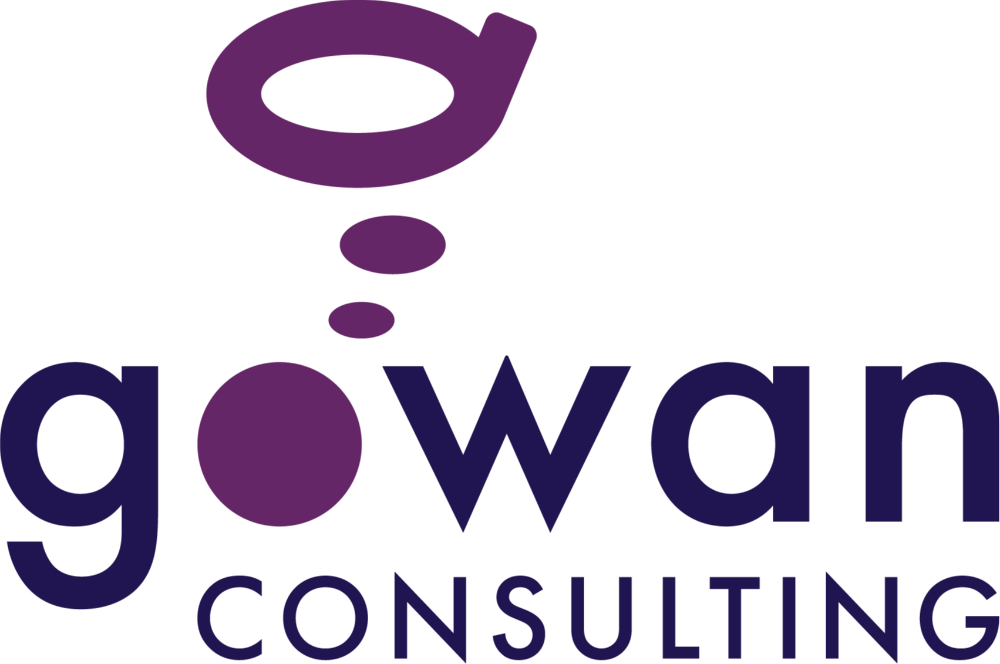Recognizing Unconscious Biases to Create Inclusive Workplaces
Jun 16, 2023
Unconscious bias is a human flaw embedded within our brains, influencing how we instinctively categorize people and situations without our conscious awareness. Shaped by our past experiences, training, community, and belief systems, these biases impact our work and relationships in ways we may not fully realize. Our biases may shape policies and processes, even unintentionally, so leaders must work to understand how to recognize and challenge these beliefs to create inclusive workplaces.
Understanding Unconscious Bias
Unconscious biases are social stereotypes and preconceived notions that affect our choices, decisions, and interactions with others subconsciously. They can stem from various factors such as race, gender, disability, age, and socioeconomic status. Unconscious biases may display themselves in multiple, sometimes subtle ways. They may influence:
- Who you choose to spend time with
- Your perception of safety
- Your perception of other people’s ideas
- Your ability to work well together to create or innovate
- Your ability to include others
- Implicit association tests
Unconscious biases can significantly influence our decision-making processes, leading to unintended discrimination and the exclusion of certain individuals or ideas. For instance, biases can unconsciously influence who is hired, promoted, or assigned to projects, resulting in the underrepresentation of marginalized groups and a lack of diversity within the workforce. Moreover, biases can shape our perceptions of competence, credibility, and professionalism, leading to disparities in the recognition and advancement of individuals from underrepresented backgrounds. These biases perpetuate a cycle of inequality, forming systemic barriers that prevent marginalized employees from accessing employment, promotions, and fair treatment in the workplace.
Not only does this affect the full potential of organizations to harness the talent and perspectives of a diverse workforce, but it can also lead to discriminatory practices and actions that breach the law.
The Canadian Human Rights Code
The Canadian Human Rights Code is the law. It addresses bias in the workplace by protecting individuals who may otherwise be discriminated against. Among other protected grounds, the code protects individuals from discrimination in employment. This applies to all decisions made in the workplace including promotions, transfers, career transitions, access to benefits, access to resources in the organization, and more. Discrimination can often be very subtle, such as being assigned to less desirable jobs, being denied mentoring or training, and facing different job standards than other workers. Employers must understand their obligations and their employees’ rights under the Human Rights Code. If found in violation, employers can face serious legal consequences.
It's important to note that the specific procedures and remedies may vary depending on the province or territory in which the discrimination occurred. Each jurisdiction may have its own human rights legislation and tribunal system, although the principles of addressing discrimination and providing remedies are generally consistent across Canada. If an individual believes they have been subjected to discrimination, they should seek legal advice from an employment lawyer or contact the appropriate human rights commission or tribunal in their jurisdiction for guidance on filing a complaint and pursuing a resolution.
Combatting Unconscious Bias
Recognizing and addressing unconscious biases is crucial for creating an inclusive and equitable workplace where everyone feels valued and empowered. Here are strategies to combat unconscious bias:
- Recognize. Begin by acknowledging the existence of unconscious biases and be mindful of your own biases. Take a moment to reflect on your words, actions, and assumptions to identify any potential biases that may influence decision making.
- Think Critically. Challenge your biases by examining the data and evidence supporting your judgments. Consider multiple facets and be open to different viewpoints that may challenge any preconceived notions. You can pose the following questions that encourage critical thinking: Is this belief or assumption really true, or is it based on an unconscious bias? What if there is a different way to view this situation that challenges my biases? If my bias were not present, how would my approach change?
- Embrace Diversity. Actively seek out and value diverse perspectives. Encourage open dialogue and actively listen to colleagues from different backgrounds and experiences. Embracing diversity fosters innovation, creativity, and inclusive problem-solving.
- Be Aware of Media Consumption. Be aware of how media can perpetuate biases and stereotypes. Consume media with a critical eye, seeking diverse sources and challenging biased narratives. Be cautious not to let media influence perceptions of individuals or groups.
- Interrupt Bias. Speak up respectfully and assertively when you notice bias occurring in conversations or actions. Challenge biased comments or behaviors and encourage others to reflect on their own biases as well.
- Seek Continuous Learning. Embrace a mindset of continuous learning and improvement. Stay updated on research and best practices related to diversity, equity, and inclusion. Attend workshops, seminars, or webinars to deepen your knowledge and skills.
How Employers Can Reduce Unconscious Bias
- Audit your policies and review your corporate culture for potential systemic barriers.
- Train managers/leaders - provide skill-based, inclusive leadership training.
- Ensure that you have solid DEI (Diversity, Equity, and Inclusion) training programs for your employees.
- Engage employees in your organization through committees that can work together to change the culture of exclusion to inclusion.
How Can Gowan Consulting Help?
- Our Occupational Therapists can provide accommodation assessments to assess employees’ function in the workplace and provide tools and strategies for the workplace. Make a referral here.
- Contact us to learn how our team can provide accessibility support for your workplace and help implement effective and inclusive policies.
- We offer a variety of inclusive leadership trainings. Check out our online store for our current public webinars and workshops or contact us to learn about our customized training options.

